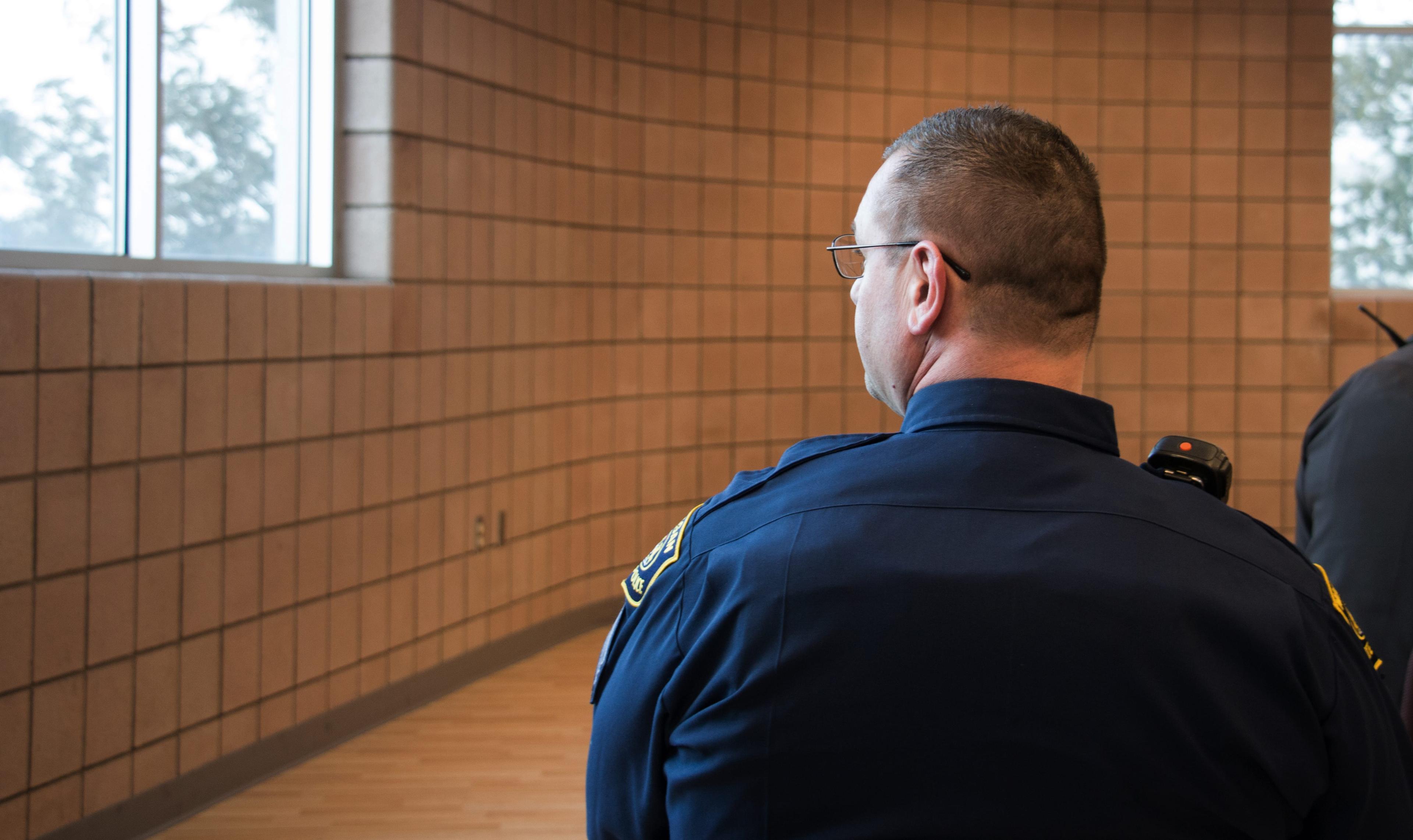Taking Action: The Power of Putting "Hope Before Handcuffs"
Lucy Ciaramitaro
| 3 min read

The opioid epidemic affects millions of individuals and families across the country, and the unsettling reality is that everyone is vulnerable to it. Linda Davis, executive director, Families Against Narcotics and a former judge, experienced this first-hand when her teenage daughter, a straight-A student and gifted athlete, admitted to having a heroin addiction. “I was just beginning to recognize how much this problem was impacting the people around me—neighbors, friends—and shortly after my own daughter admitted to struggling with addiction,” Davis explained. Without skipping a beat, Davis and members of her community rallied together to organize a town hall event. It became clear that substance abuse was more widespread than Davis imagined when nearly 100 people attended the first meeting. “We had such a wide variety of people, all who had important perspectives on the issue,” Davis recalled. “Police officers, the superintendent, parents and even young people who had started the path to recovery wanted to get involved.”
Linda Davis, former 41B District Court judge and current executive director, F.A.N. Little did Davis know that those meetings would evolve into an organization with 20 chapters across Michigan. The coalition, which now goes by the name Families Against Narcotics (F.A.N.), is a 501(c)3 organization that has become a distinguished network for support, resources and education around addiction and substance abuse. In 2016, there were more than 350 drug-related deaths in Macomb County alone. In 2018, F.A.N. was one of nine community coalitions chosen to receive funding through the Taking Action on Opioid and Prescription Drug Abuse in Michigan by Supporting Community Responses initiative, with support from Blue Cross Blue Shield of Michigan, The Blue Cross Blue Shield of Michigan Foundation, The Michigan Health Endowment Fund, The Community Foundation for Southeast Michigan and The Superior Health Foundation. “When I first met Judge Davis, I was struck by her ability to balance being a law-abiding judge and a compassionate advocate for families coping with this very personal and public problem,” said Audrey Harvey, executive director and CEO of the Blue Cross Blue Shield of Michigan Foundation. Blue Cross Blue Shield of Michigan and the Blue Cross Foundation provided $75,000 in grant funding to F.A.N. to help expand the work of their "Hope Not Handcuffs" program, which tackles the stigma of addiction by providing treatment to those addicted to opioids or illicit drugs rather than a criminal charge. Currently, more than 80 Michigan police departments allow individuals struggling with addiction to walk in and ask for help. Officers will call a Hope Not Handcuffs “Angel”, or F.A.N. correspondent trained to escort the individual to treatment. "We’ve placed more than 1,000 individuals into treatment,” Davis proudly shared in 2018. “It’s incredible to see a program that started with just over 100 participants become something so much bigger. We're excited and thankful for the opportunity to move even further.” Since this interview, more than 3,700 individuals have been given hope, and grace, in the face of addiction. To learn more about the work F.A.N. is doing, or to visit one of their Michigan chapters, visit: www.familiesagainstnarcotics.org.
To grow your knowledge about opioids and opioid misuse, as well as Blue Cross’ commitment to combating the opioid epidemic, visit these blogs:
- Understanding Opioids and Their Effects
- Taking Action: Multi-Pronged Approach Fighting Opioids in Northern Michigan
- Opioid Abuse in Someone You Love: Recognizing the Signs
This post was updated with current numbers and titles on Jan. 7, 2020. It was part of our Taking Action series, in which we focused on Blue Cross-supported efforts across Michigan to address the opioid epidemic. Check back to find out how other communities are fighting the problem of opioid use disorder and overdose. Photo credit: Blue Cross Blue Shield of Michigan





